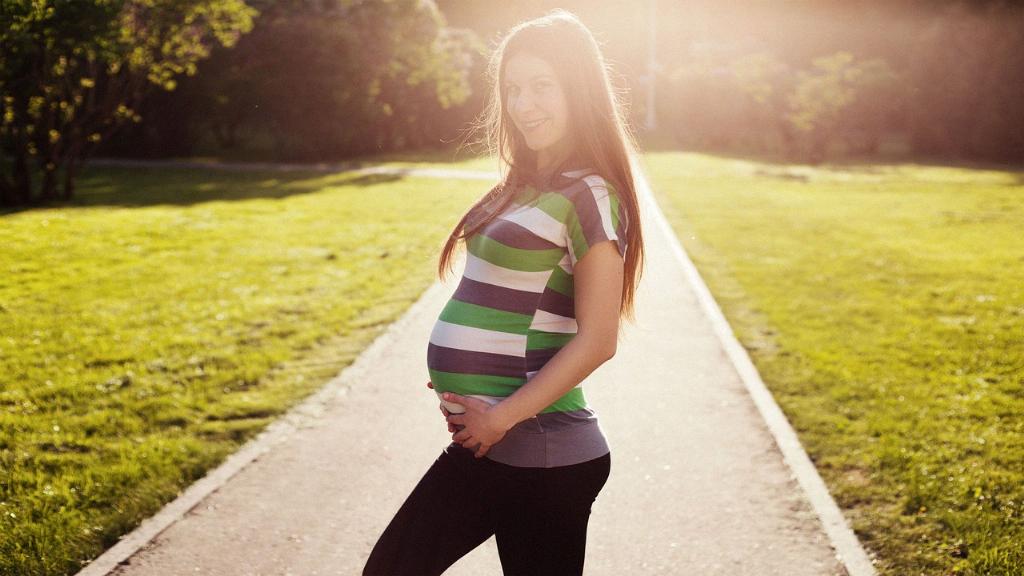Being 4 weeks pregnant can be a mix of emotions and physical changes as your body starts to adapt to the early stages of pregnancy. One of the most common signs at this stage is a missed period, which is often the first indicator for many women that they may be expecting. It’s a moment of anticipation and excitement, with the realization that your body is embarking on a journey of creating new life.
As your hormone levels begin to shift, you may notice a metallic taste in your mouth. This strange sensation is a result of the changes happening in your body to support the growth of the embryo. It’s one of those subtle signs that your body is adjusting to the new phase of pregnancy, even if it seems unusual at first.
Your breasts may start to feel tender and swollen, as they prepare for the changes ahead. This can make them more sensitive to touch and lead to discomfort, but it’s a normal part of the early pregnancy process. Your body is getting ready to nourish a growing fetus, so these changes are all part of the natural progression.
Another common symptom at 4 weeks pregnant is nausea, often referred to as morning sickness. While the name suggests it may only occur in the morning, many women experience it throughout the day. It can be triggered by various factors such as certain smells or foods, and can sometimes lead to vomiting. It’s essential to listen to your body and find ways to manage these symptoms to stay as comfortable as possible.
Feeling tired or fatigued is also common in the early weeks of pregnancy. Your body is working hard to support the developing embryo, which can take a toll on your energy levels. It’s important to rest when needed and listen to your body’s cues to avoid overexertion. Taking naps or having early nights can help recharge your energy levels.
Emotionally, you may experience a range of feelings at 4 weeks pregnant. From excitement and joy to anxiety and uncertainty, it’s entirely normal to have mixed emotions during this time. You may start to consider the changes ahead and what it means for your life, which can bring up a range of emotions. Remember that it’s okay to feel however you do and to seek support if needed.
With the physical and emotional changes happening at 4 weeks pregnant, it’s essential to take care of yourself and prioritize your well-being. Eating a balanced diet, staying hydrated, and getting regular exercise can help support your body during this transformative time. It’s also crucial to communicate with your healthcare provider about any symptoms or concerns you may have.
While 4 weeks pregnant may be early in your pregnancy journey, it marks the beginning of a significant chapter in your life. Your body is starting to adjust to the changes ahead, both physically and emotionally. Take each day as it comes, listen to your body, and remember that it’s a unique experience that is entirely yours.
As you navigate this exciting phase of being 4 weeks pregnant, give yourself grace and space to embrace the journey ahead. It’s a time of growth, both for you and the new life forming inside you. Stay connected to your body, your emotions, and your support network to ensure you have the nurturing environment you need during this time.
Remember that every pregnancy is different, and what you experience at 4 weeks pregnant may vary from others. Trust your instincts, communicate openly with your healthcare provider, and cherish the moments of anticipation and wonder as you embark on this beautiful journey of motherhood.

